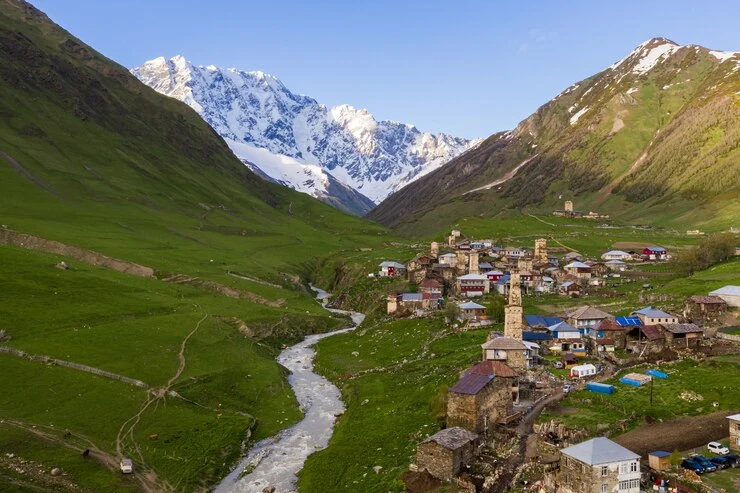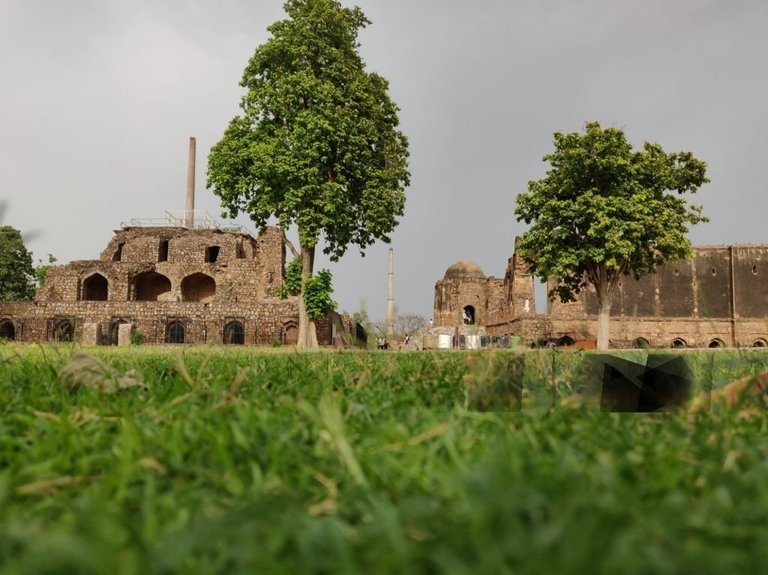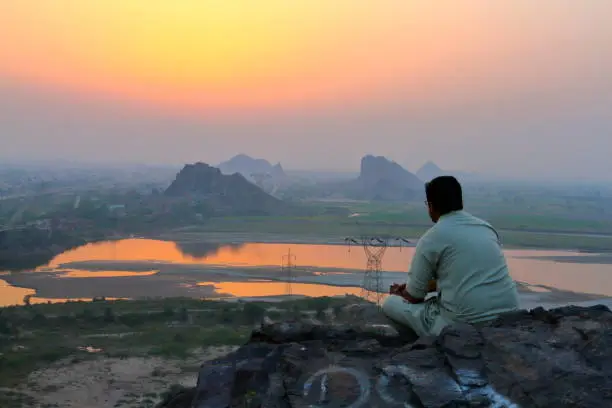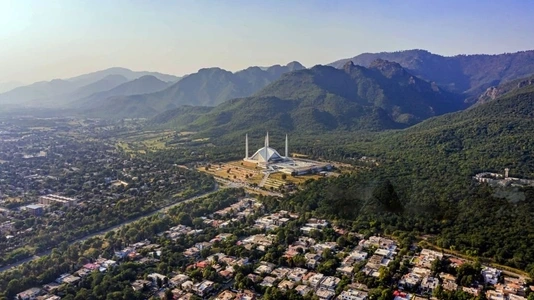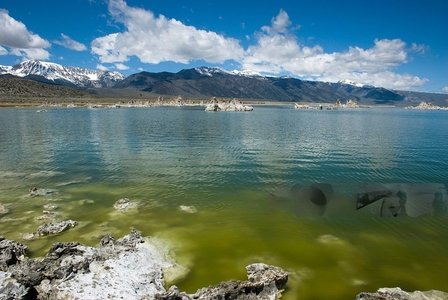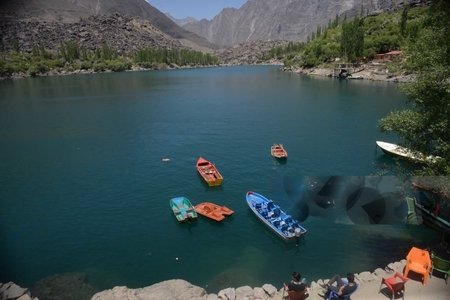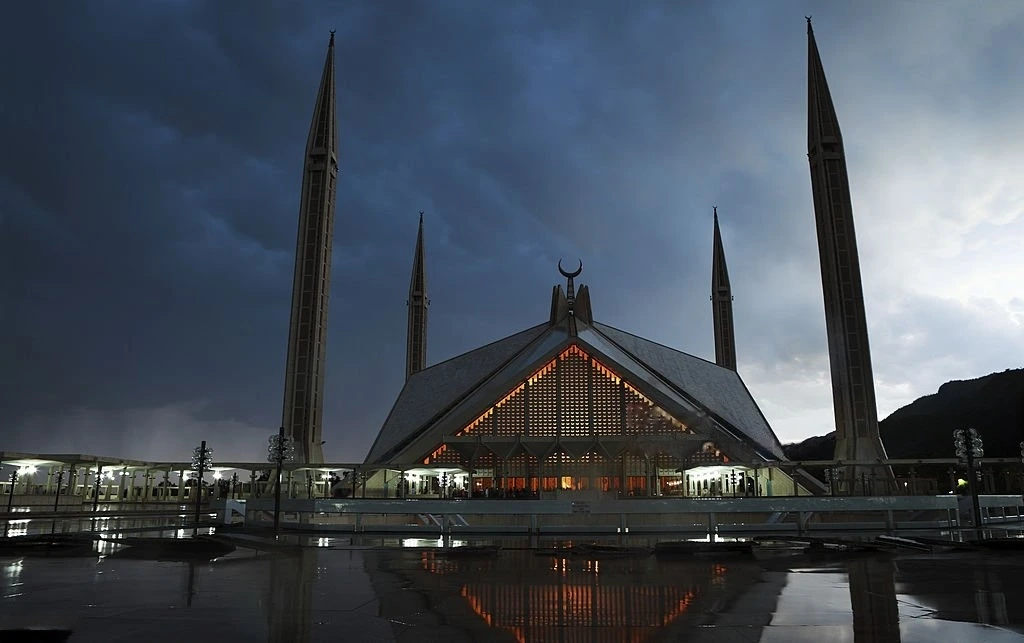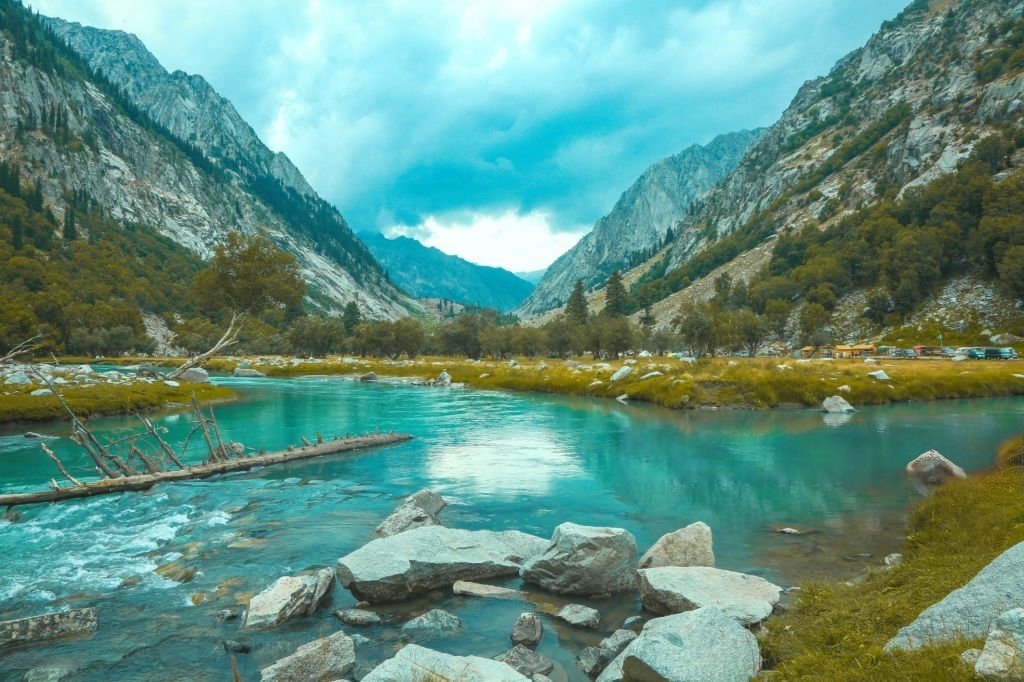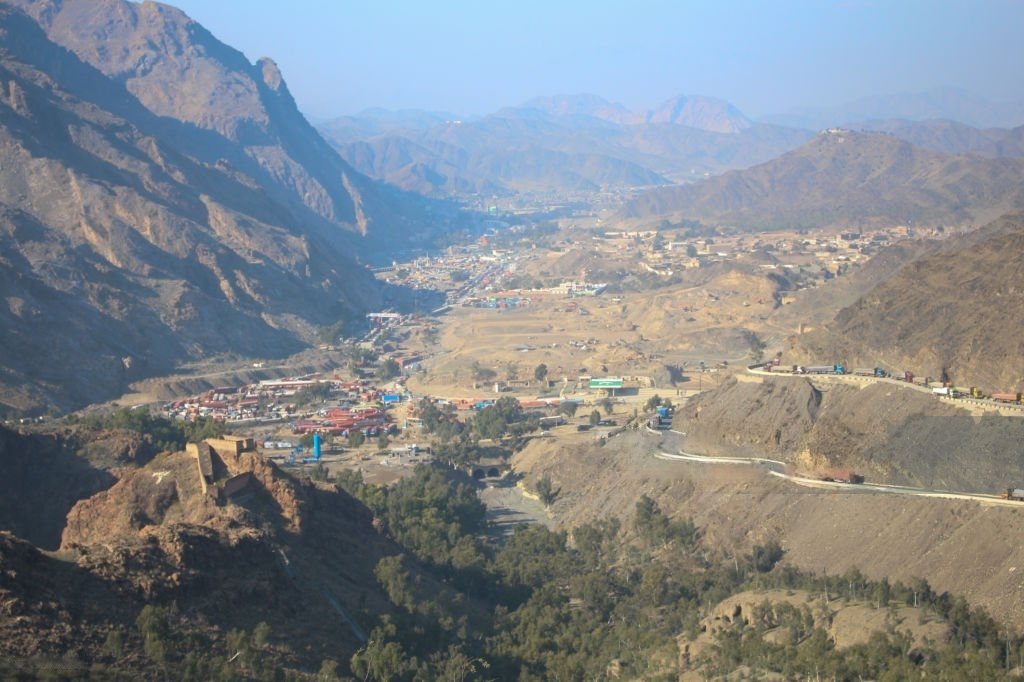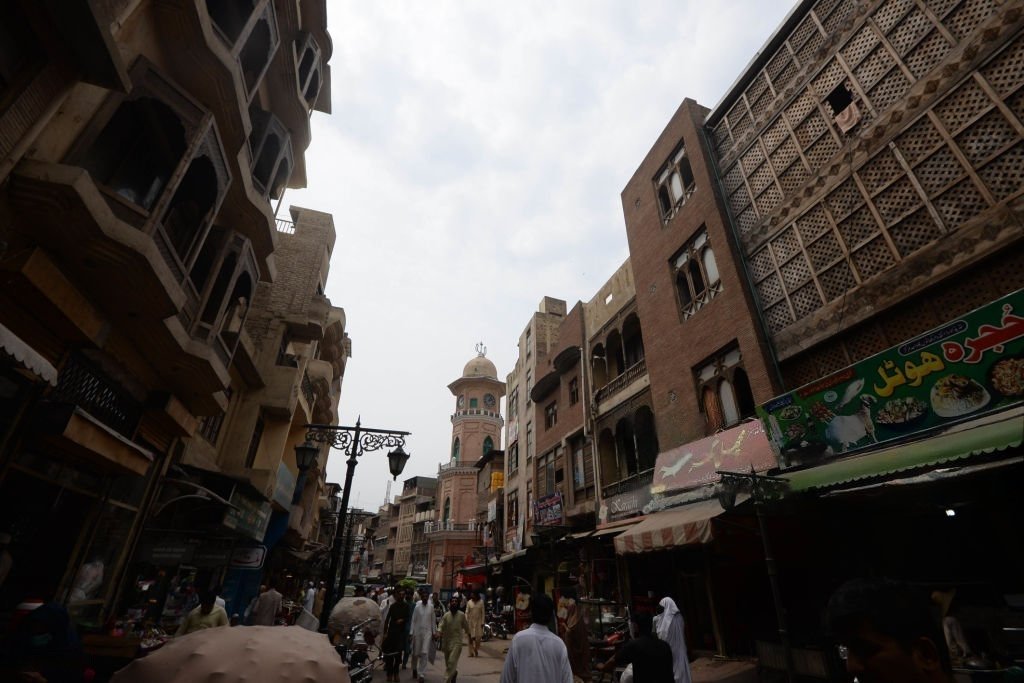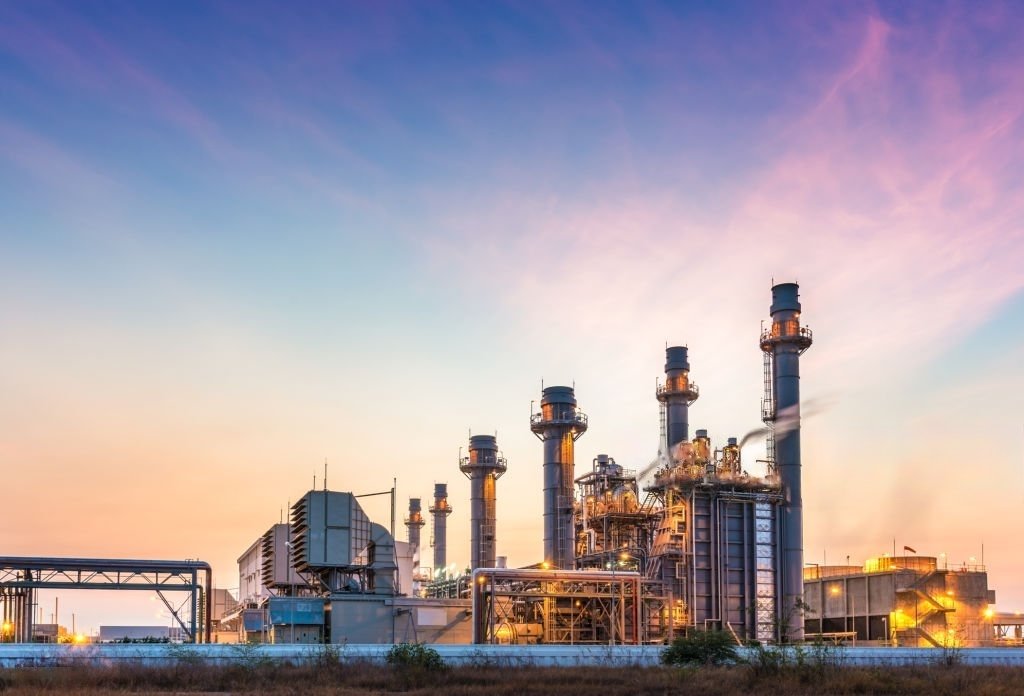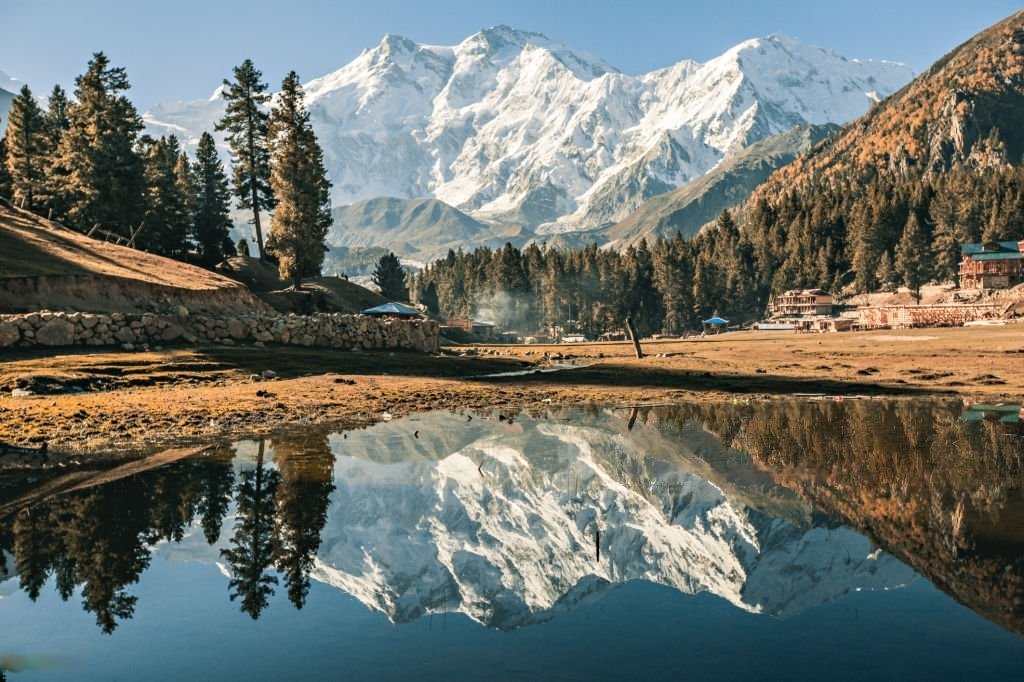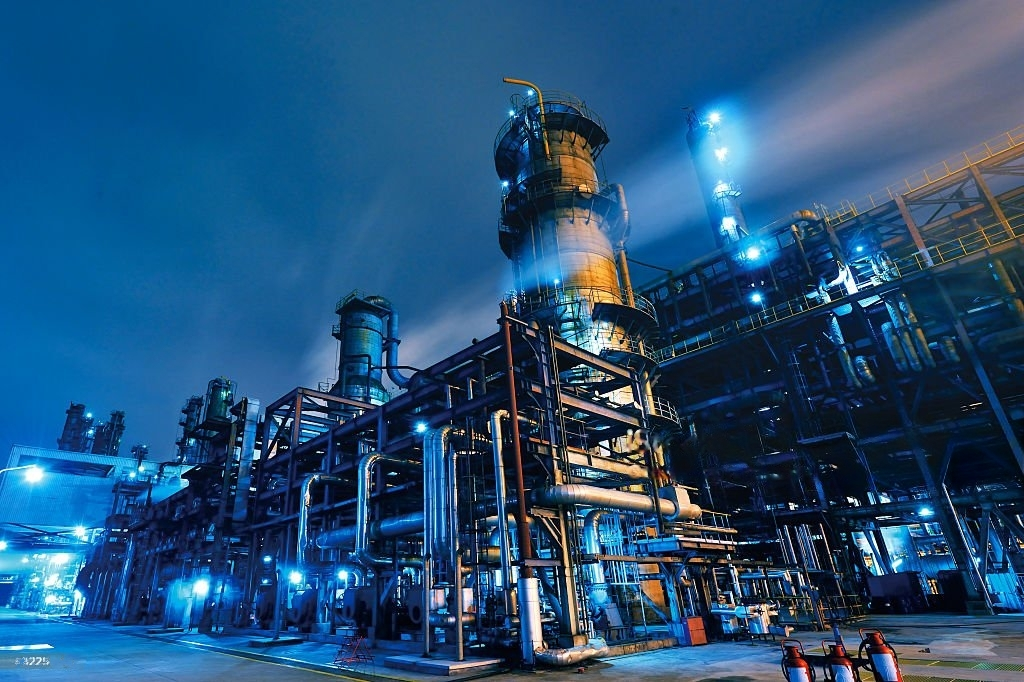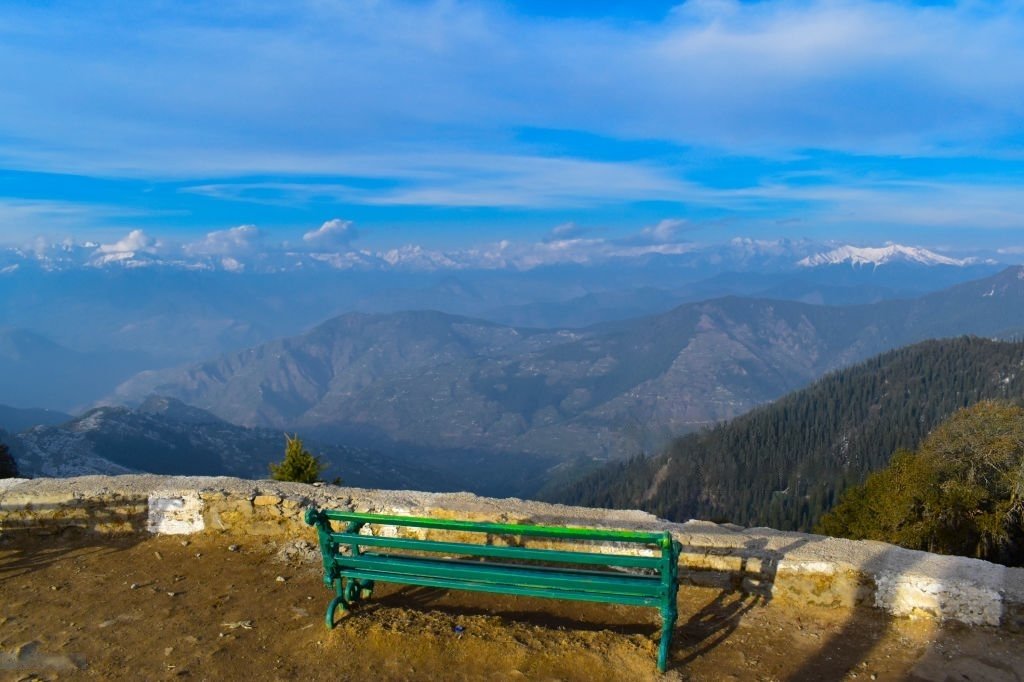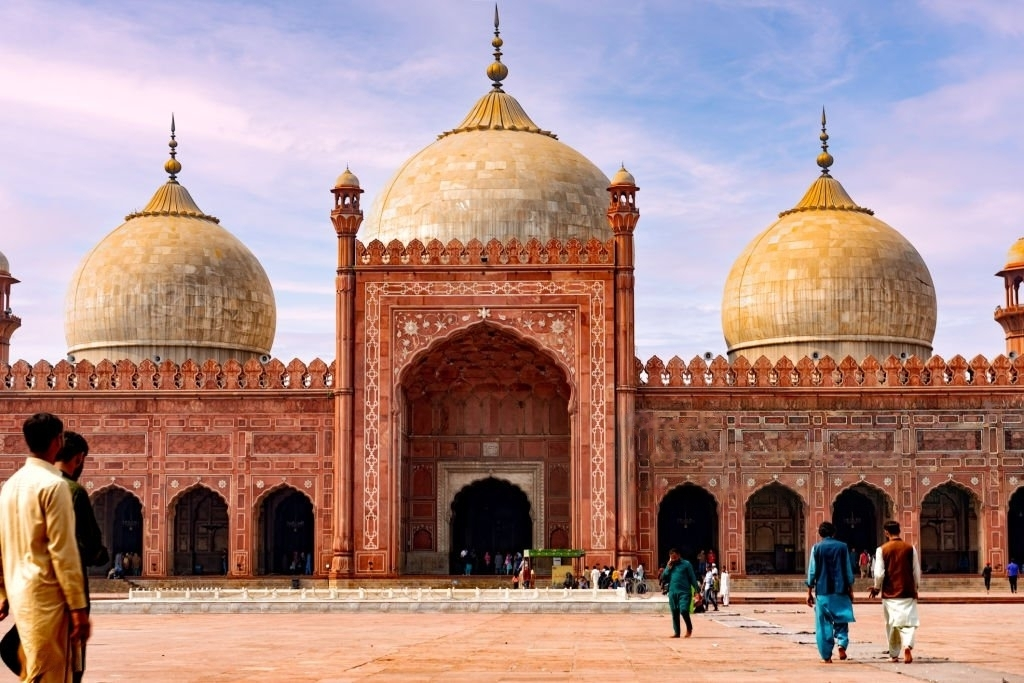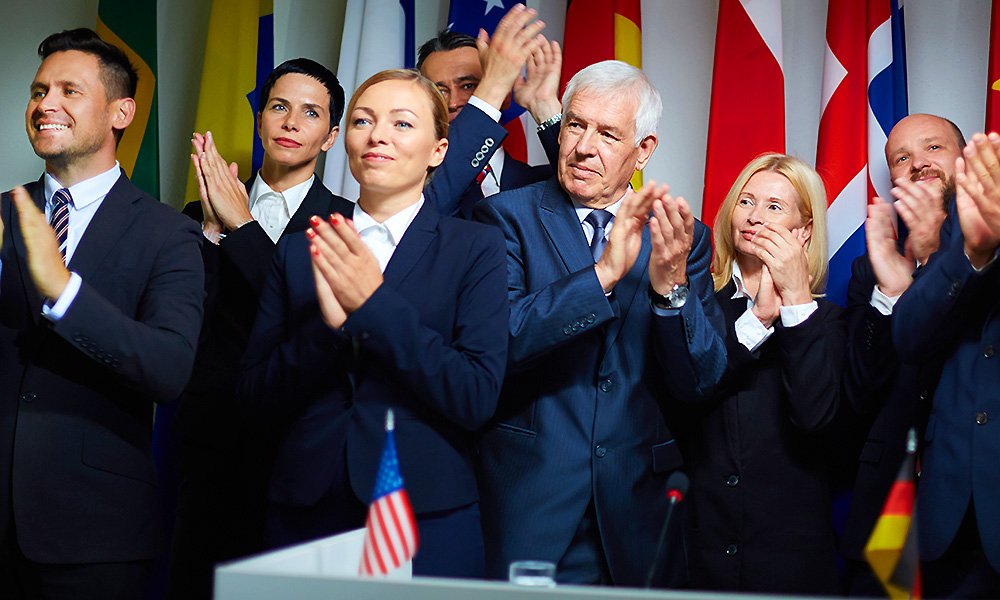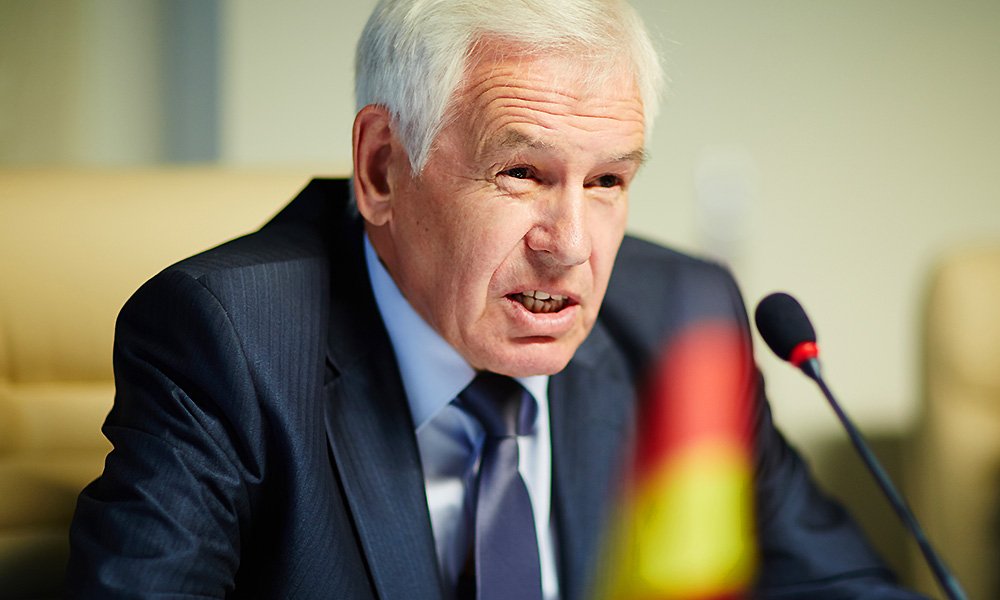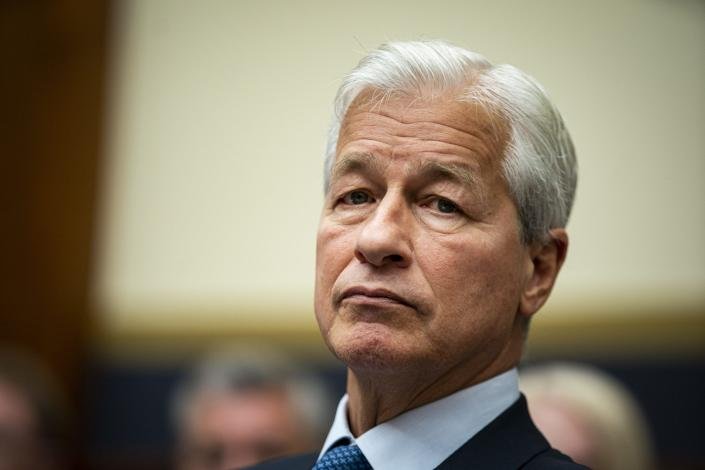Pakistan is facing a wave of protests over high electricity bills that have added to the economic woes of the people. The protests started last week in major cities like Karachi, Lahore, and Peshawar, where people burned their utility bills, blocked roads, and attacked power companies’ offices. The protesters have refused to pay the inflated bills, saying they are already suffering from high inflation, unemployment, and load-shedding.
The main reason for the hike in electricity bills is the conditions imposed by the International Monetary Fund (IMF) for a $3-billion bailout package that Pakistan received in June. The IMF asked Pakistan to end energy subsidies and increase tax revenue as part of the deal to revive its struggling economy. As a result, the average electricity cost has more than doubled for low- to middle-class households since May
The government has failed to provide any relief to the people, saying that reducing the bills would jeopardize the IMF loan. The caretaker Prime Minister, Anwaar ul Haq Kakar, has promised to take “concrete steps” within 48 hours to cut the power tariff, but his cabinet has said that any decision would require approval from the IMF
The opposition parties have joined the protests and called for a nationwide strike on September 2. The Jamaat-i-Islami (JI) has announced a civil disobedience movement against the government and the IMF. The JI chief, Sirajul Haq, has said that the people will not pay any taxes or bills until the government withdraws the “anti-people” policies
The protests have also spread to Pakistan-occupied Kashmir (POK), where people have been demanding lower electricity rates for decades. The protesters in POK have accused the government of exploiting their natural resources and depriving them of their rights
The power tariff crisis has exposed the deep-rooted problems of Pakistan’s energy sector, which is plagued by inefficiency, corruption, and mismanagement. The country faces chronic power shortages and relies heavily on expensive imported fuel. The government has failed to invest in renewable energy sources or improve the transmission and distribution network. The power sector also suffers from huge circular debt, which is estimated to be around Rs 2.6 trillion.
The protests have added to the political uncertainty and instability in Pakistan, which is gearing up for general elections on September 11. The people are angry and frustrated with the government’s failure to provide basic services and improve their living standards. The protests have also raised questions about Pakistan’s economic sovereignty and its dependence on foreign loans. The government needs to address the grievances of the people and find a sustainable solution for its energy crisis.


